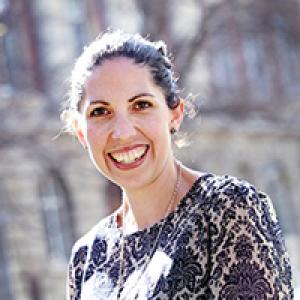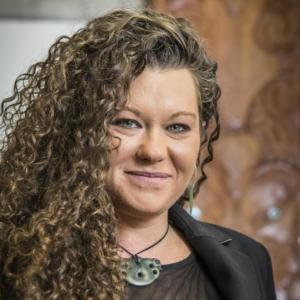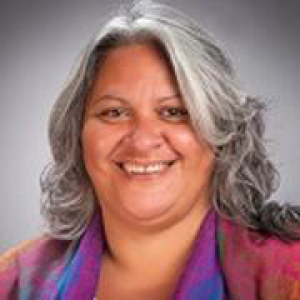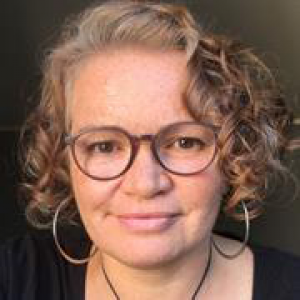-
Kia Tō Kia Tipu - Seeding Excellence
Project commenced:What are the implications of reclaiming and reviving the mātauranga associated with nga atua Māori and how does it contribute to reimagining the role of atua Māori in the modern world?
How and why are atua Māori, and associated mātauranga, being referenced in different fields today? For example: Sport, recreation, and nutrition; Health and environmental sciences.
What are recent examples of the application of mātauranga associated with atua Māori in teaching and research? For example: Te Panekiretanga o Te Reo; Dr Rangi Matamua's research in Māori Astronomy.
-
COVID project Full project
Project commenced:Project completedWestern views on disability & underfunding of Indigenous health marginalises kāpō Māori. New research aims to change this & centre kāpō Māori lifeworlds
Traditional forms of Māori story-telling describe strong and knowledgeable kāpō Māori. Ongoing processes of colonisation has seen experiences of marginalisation, invisibility, and ‘othering’ become the norm for Māori, and even more so for disabled Māori. The framing of disability within the Pākehā health sector alongside chronic underfunding of Māori health services has compounded the exclusion and isolation experienced by kāpō Māori.
-
Scoping project
Project commenced:This study will explore how comparative views of “home” relate to concepts such as identity, whakapapa, and hauora and how these concepts thereby impact service utilisation and uptake in two areas (one rural and one urban). The research seeks to ask
How do urban and rural Māori conceptualise “home” and do these ideas of home differ across generations?
Do perceptions of home affect decisions to access services (education, health, financial, etc.?). If so, how?
How can services be improved to incorporate these views / perceptions of home?






